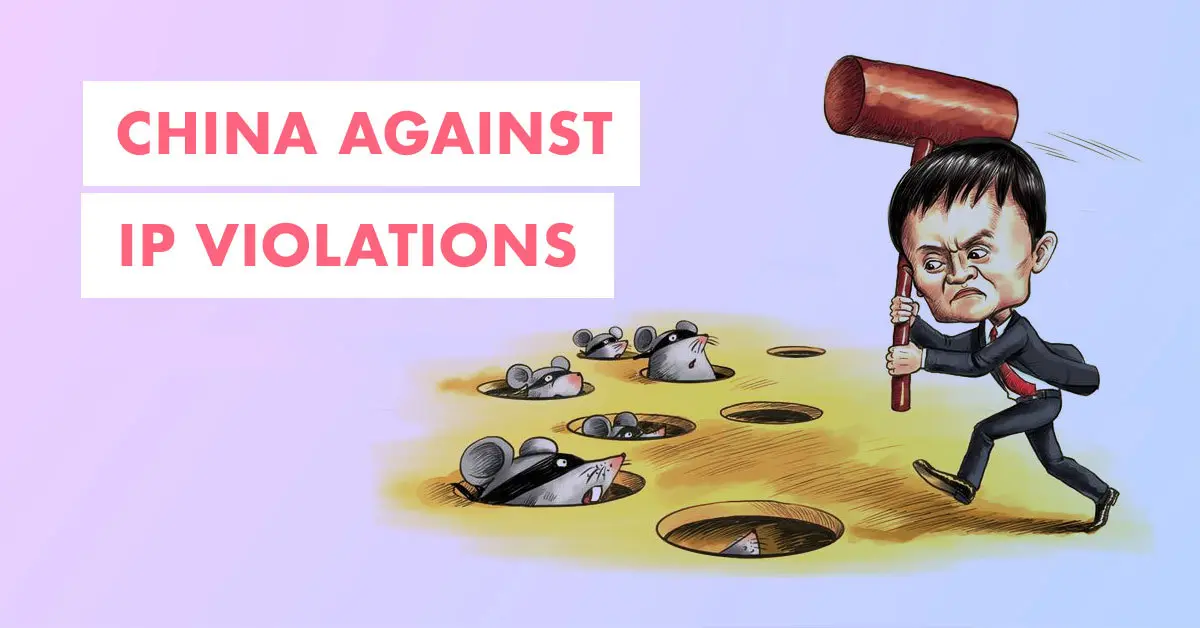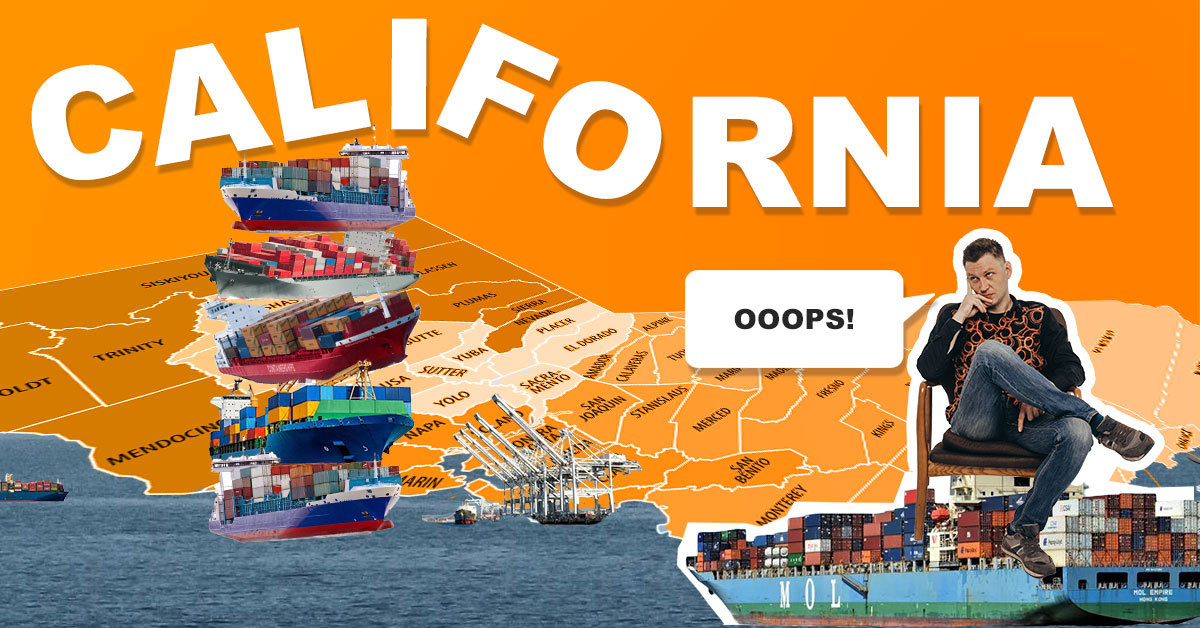Amazon search system favors products with higher profit margins
Amazon began making changes to its search results last year to prioritize profitability over relevance and to boost its own products.
According to The Wall Street Journal, Amazon optimized the secret algorithm that ranks listings so that instead of showing customers mainly the most-relevant and best-selling listings when they search—as it had for more than a decade—the site also gives a boost to items that are more profitable for the company.
Those changes were reportedly spurred on by demands from Amazon’s retail divisions and private label team, and they’re said to have the effect of often boosting Amazon’s own products in search listings, writes TheVerge.
To avoid antitrust concerns at a time when Amazon’s role as both a product maker and a platform company are under scrutiny, Amazon doesn’t directly boost products based on how profitable they are, according to the report. Instead, the Journal says that Amazon boosts other factors that its search engine can consider, which collectively have the effect of elevating more profitable products.
Amazon initially issued a narrow denial, saying, “We have not changed the criteria we use to rank search results to include profitability.” That doesn’t necessarily discount what the Journal reported, which is that Amazon changed the criteria around aspects linked to profitability without boosting profitability directly. Amazon followed up with a later statement more explicitly saying, “The Wall Street Journal has it wrong” and that the story is “not factually accurate.”
A spokesperson for Amazon said the company looks at “a number of metrics” when testing new features, “including long term profitability, to see how these new features impact the customer experience and our business as any rational store would, but we do not make decisions based on that one metric.”
More Amazon news

China stands up to protect intellectual property
E-commerce sites must guard intellectual property or be shut in China China plans to tighten oversight of e-commerce platforms like Alibaba Group over the infringement of intellectual property rights. Companies would lose their trading...

Record-breaking congestion in California ports
No quick fix for the shipping crisis 44 freight ships are stuck awaiting entry into California's two largest ports. This is the largest congestion since the beginning of the pandemic. The queue is a result of the labor shortage, COVID-19-related disruptions, and...

E-commerce is too reliant on social media
Consumers don’t buy on social media, new survey indicates E-commerce entrepreneurs are relying heavily on social media to drive sales, but consumers don’t shop there very often A new survey said consumers don’t buy on social media, despite the fact that small...


